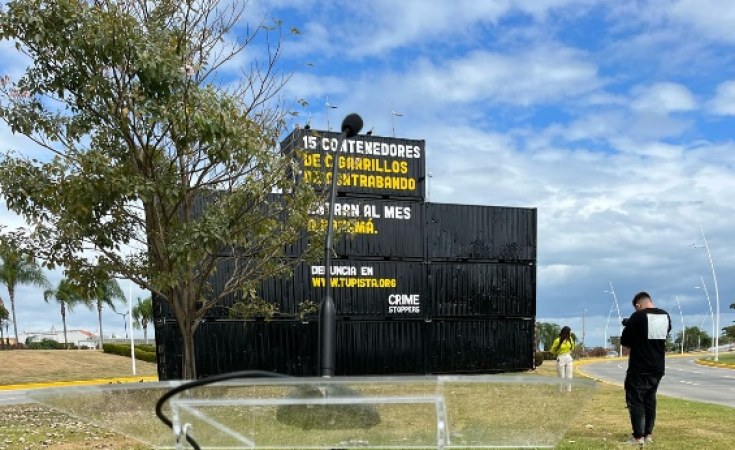The 10th Conference of the Parties (COP10) to the World Health Organization’s (WHO) Framework Convention on Tobacco Control (FCTC) is currently taking place in Panama, until February 10, 2024. COP10 discussions hold the key to shaping the future of reduced-risk tobacco and nicotine products encompassing a range of alternatives such as nicotine vapes, snus, nicotine pouches, and heated tobacco products.
Within this context, taxation emerges as a pivotal issue with the WHO advocating for a unified tax approach on all nicotine-containing products, mirroring the taxation applied to combustible cigarettes. The WHO perceives taxes as a crucial means to curb the demand for tobacco products, viewing them as effective tools to reduce overall tobacco consumption.
The WHO perceives taxes as a crucial mean to curb the demand for tobacco products, viewing them as effective tools to reduce overall tobacco consumption. However, a growing dissenting voice challenges the idea that all nicotine-containing products should be taxed uniformly.
Many experts, scientists, harm reduction advocates along with the tobacco industry, argue that the smokeless alternatives provide less harmful ways of consuming nicotine. According to them, transitioning from combustible cigarettes to these alternatives deserves not only a differentiated regulation but also a differentiated tax structure. The debate over appropriate taxation remains a cornerstone for tobacco harm reductionists who believe that regulation should be risk- proportionate.
The excise tax specifically levied on cigarettes is also called “sin” tax which applies to items that are perceived to be harmful to society and individuals. Therefore, if a product is highly taxed because of its harmfulness, should the product which presents less harm be taxed equally?
To further explore this topic and provide a platform to amplify the voices of tobacco harm reduction advocates, a five-day event was organized in parallel with the COP10, by the US non-profit Organization Taxpayers Protection Alliance (TPA). The event served as a counterpoint to COP10, creating opportunities for meaningful discussions and diverse perspectives on tobacco control policies.
During this event, Dr. Riccardo Polosa, a Professor of Internal Medicine at the University of Catania in Italy and a committed tobacco harm reduction advocate, emphasized the need for regulation to be proportionate to risks. He asserted, "If a product is 90% less harmful than combustible tobacco, regulation should adapt."
Dr. Konstantinos Farsalinos, a cardiologist and research fellow at the Onassis Cardiac Surgery Center in Athens, Greece, who also spoke at the event added a crucial perspective on taxation: "The problem with taxation is that if you overdo it, you create a perfect environment for the illicit market."
In fact, the real-world consequences of excessive taxation and its potential link to illicit markets becomes utterly evident, notably in Panama where another event was organized still in the sidelines of COP10, by Crime Stoppers International (CSI), an international non-profit organization that contributes to global security by reporting crimes in 7 regions worldwide.
“ Prohibitive or extreme public policies, such as tax increases or the prohibition of the use of electronic cigarettes, vaporizers, and similar devices (…) create a demand for the establishment of a black market ” states the organization.
Alejo Campos, Regional Director of CSI, stressed the necessity of creating laws that not only prevent and prosecute the instigators, but also provide alternatives to tobacco consumers. Alejo Campos advocated for introducing non-combustible cigarettes as a method of consumption reduction to mitigate the consequences of illicit cigarette contraband.
Gregoire Verdeaux, Senior Vice President External Affairs for Philip Morris International, present at the event, points out the counterproductivity of prohibition: “We must have market regulations that are sensible; if you prohibit products, they will end up in the black market. We can learn from examples in Europe where sensible regulations have been introduced to control, regulate, and tax alternatives to cigarettes. So, you don’t corner smokers into the black market, but you offer them the legal way out”, he said.
COP10's decisions on novel products’ taxation could significantly impact the destiny of tobacco harm reduction, making it imperative to consider different approaches that align with the diverse needs of the markets.


